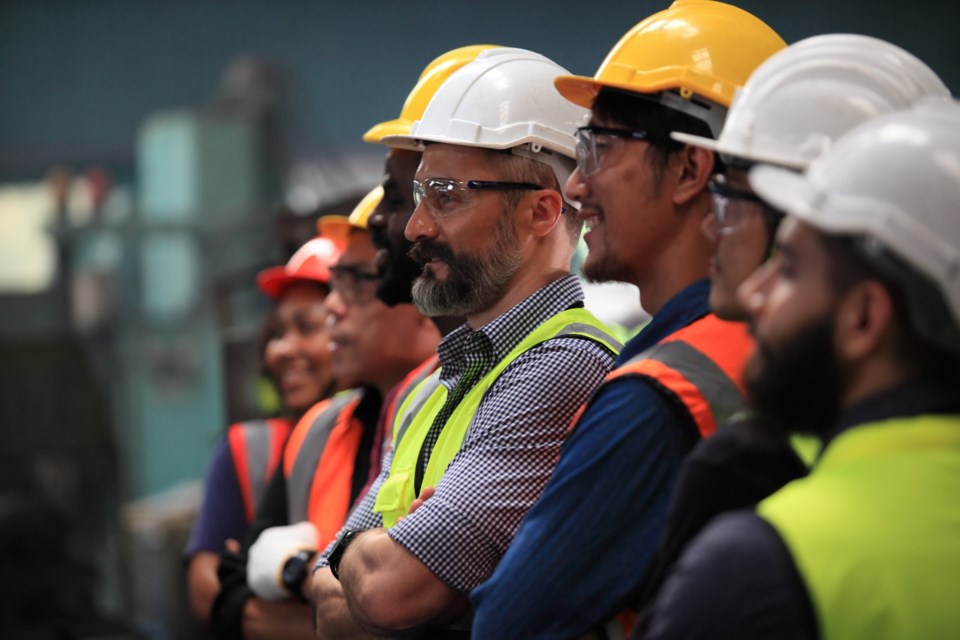Submitted by: Chris Paswisty, Director of Canadian Affairs, International Association of Sheet Metal, Air, Rail and Transportation Workers (SMART) Canada
Skilled tradespeople in Ontario spend an average of five years learning their trades before becoming properly licensed, yet licensing enforcement has not been a priority in the province. This has created an environment ripe for unsafe working conditions – and puts us all at risk.
Allowing unlicensed workers to perform skilled construction work can result in workplace accidents, deaths, property damage, and unnecessary build costs, alongside potential retrofitting costs that can arise later from inferior quality work.
Ontario requires certification in 23 licensed trades, including sheet metal workers, electricians, plumbers, crane operators, refrigeration technicians, and an entire range of automotive work. In Ontario, it is illegal to practice any of those trades without the proper certification, but there has been no provincial oversight of whether the people working in Ontario's licensed trades actually have the required credentials to do the work.
Not only does this undercut and undervalue hardworking Ontarians, it has created an ecosystem where serious workplace injuries are more common. In March 2022, the Ministry of Labour, Immigration, Training and Skills Development reported a 12 percent increase in workplace critical injury events between 2018 and 2021.
We know there is a direct correlation to the reduction in workplace accidents and deaths when compulsory certification is implemented. For example, when Ontario introduced mandatory working-at-heights training in 2014, worker injuries were reduced by 19 per cent over a three-year period. If we’re requiring certification, we must follow through on enforcement.
The lack of enforcement not only affects tradespeople, but anyone who hires a skilled tradesperson. At a time when Ontario is experiencing a construction boom, and workers are more in demand than ever, it has become even easier for unlicensed trade workers to slip through the cracks and take jobs from qualified Ontarians.
Ontarians deserve better and the time to act is now. While the provincial government has committed $185 billion over 10 years to infrastructure development and to adding over 100,000 skilled trade workers, it is key to also invest in the ‘human infrastructure’.
Specifically, we need new legislation for licensing enforcement, along with enough active enforcement officers to service the 1.3 million tradespeople working in Ontario. Ultimately, these are the initiatives that will lead to safer working conditions and better buildings for Ontarians.
Developing strong partnerships between government, trade associations and unions needs to be a priority. We need to work together to promote rigorous training and licensing; to facilitate the sharing of intelligence on unlicensed activities; and develop new strategies for proper enforcement.
Only then can we ensure that any forthcoming regulation addresses industry needs and provides a better and safer Ontario for all.
SMART Canada is a Canadian union that represents over 16,000 sheet metal, air, rail, transportation, and roofing workers, and its members are on the front lines of infrastructure building across Ontario, from nuclear refurbishment projects, building new housing, hospitals and schools, to transit expansion and building new manufacturing facilities.

